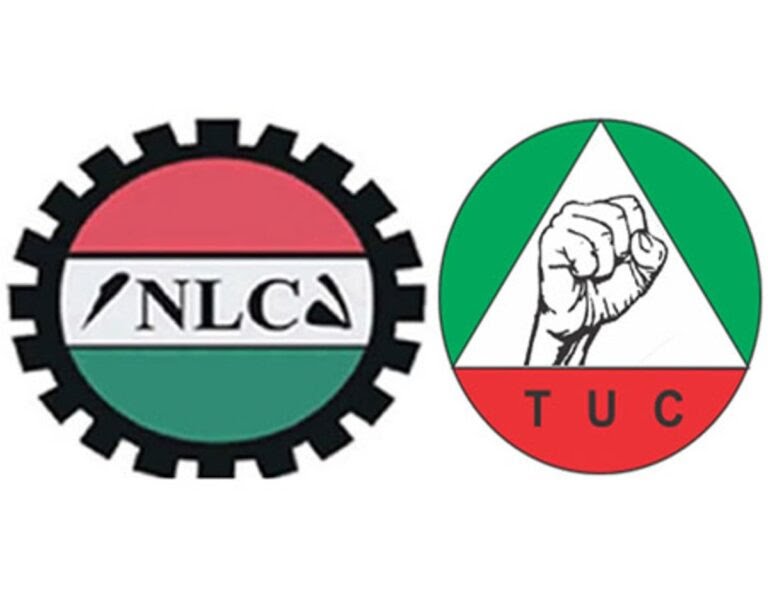As the zonal public hearing on the new wage structure gets underway today in Lagos, Kano, Enugu, Akwa Ibom, Adamawa, and Abuja, there are significant signs that organized labor would advocate for a minimum wage of N500,000.
The Nigeria Labour Congress President Joe Ajaero had earlier hinted that organized labor would seek a new minimum salary of up to N1 million for workers in the country if the current inflation trend persisted.
Inputs on a new minimum wage that reflects the current economic realities and the aspirations of workers are anticipated from organized labor, state governors, ministers, civil society organizations, and the organized private sector at the public hearing on the new minimum wage, which will be held simultaneously in all six geopolitical zones.
The North-East gathering, which will be held in Yola, the capital of Adamawa State, will be presided over by Joe Ajaero, President of the Nigeria Labour Congress.
The South-West hearing, which is being held in Lagos, will be chaired by Wale Edun, the Coordinating Minister for the Economy and Minister of Finance.
On January 30, 2024, in the Council Chamber of the State House in Abuja, President Bola Tinubu, through his deputy Kashim Shettima, formally inaugurated a 37-member panel on the new minimum wage.
The group, whose members include labor, the private sector, and the federal and state governments, is tasked with proposing a new national minimum wage for the nation by April 1st, at the latest, in order to replace the present N30,000 minimum pay set by law.
The cost of living has been rising since President Bola Tinubu took office, primarily as a result of the elimination of the gasoline subsidy and other measures, according to NLC’s Ajaero, who also stated that the demand from organized labor would be impacted by this.
“This N1m may be relevant if the value of the naira continues to depreciate; if the inflation continues unchecked because the demand of labour is equally dependent on what is happening in the society.
“You will remember that by the time we were contemplating N200,000 (as minimum wage), the exchange rate was about N800/N900 (to a dollar). As we talk today, the exchange rate is about N1,400 or even more.
“Those are the issues that determine the demand and it is equally affecting the cost of living. And we have always said that our demand will be based on the cost of living index. You will agree with me today that even a bag of rice is going for about N60,000/N70,000 or more.
“A bag of locally produced corn is about N56,000 or more. Foodstuff is getting out of reach, now are we going to get a minimum wage that will not be enough for transportation even for one week?’,” he concluded.

